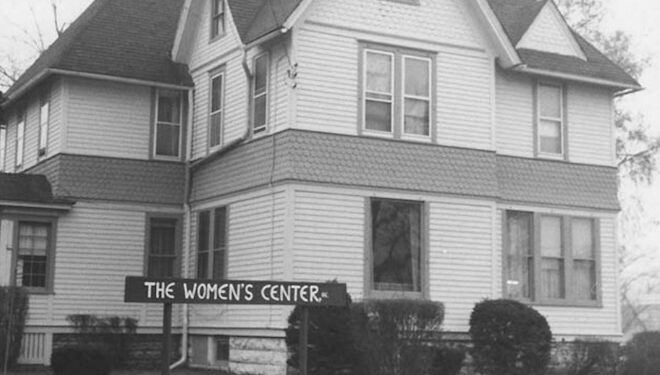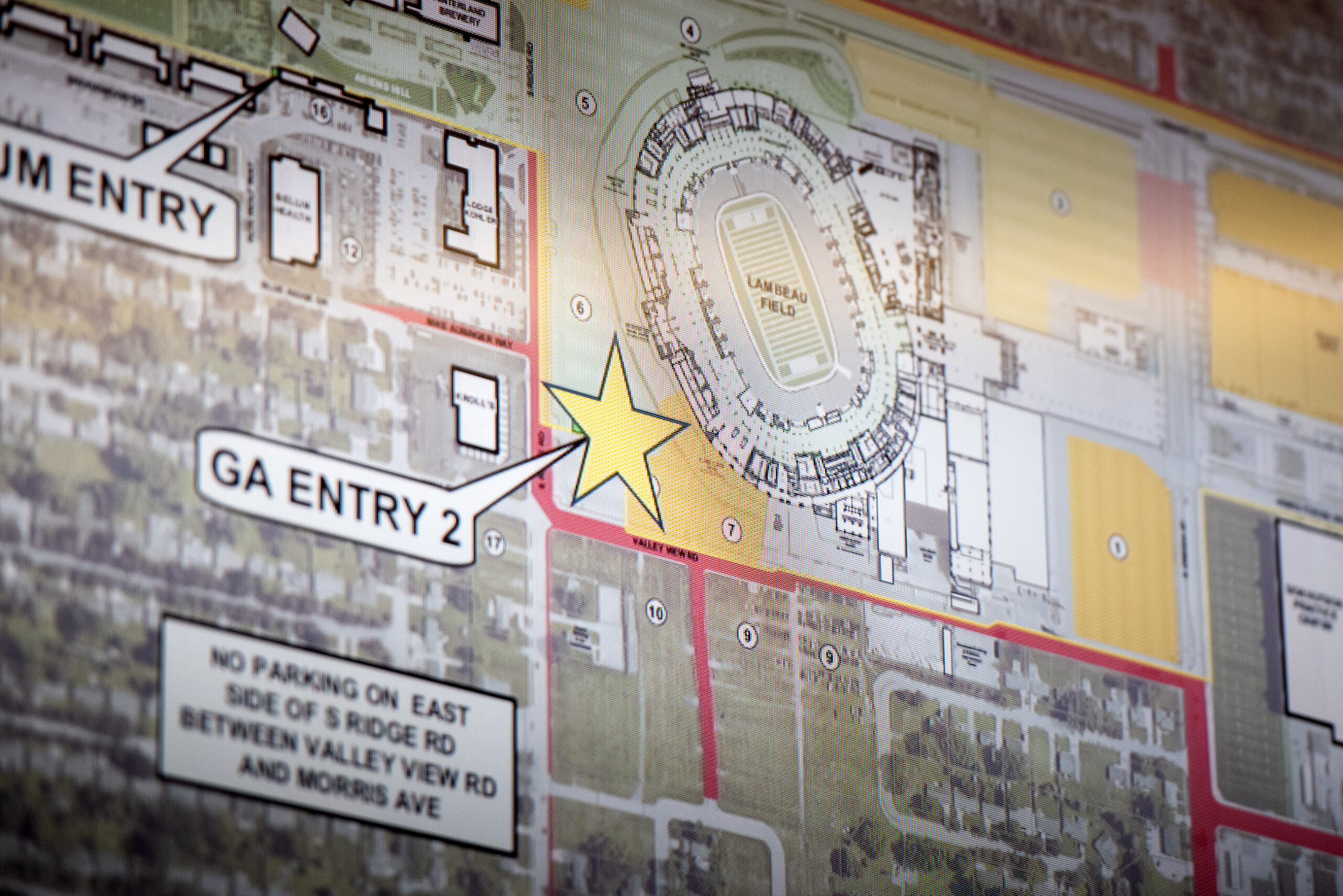In 2023, The Women’s Center in Waukesha County served more than 11,000 survivors of domestic abuse, sexual violence, child abuse and human trafficking.
There were 27 human trafficking cases reported in Waukesha County between 2019 and 2023, according to crime data from the state Department of Justice. Waukesha County had the second-highest number of cases, after its neighbor Milwaukee County.
And yet, The Women’s Center Executive Director Angela Mancuso said human trafficking is an “underreported” problem. She said about 20 percent of their thousands of annual clients self-identify as trafficking survivors.
Stay connected to Wisconsin news — your way
Get trustworthy reporting and unique local stories from WPR delivered directly to your inbox.
“A significant population of individuals do not always identify themselves as a [survivor],” she said on WPR’s “Wisconsin Today.” “It really speaks to the manipulation, power and control that’s exercised over trafficking survivors.”
Mancuso spoke with “Wisconsin Today” about the center’s history, its community partnerships and things to be on the lookout for when it comes to human trafficking.

The Women’s Center origins
In 1977, five Wisconsin women recognized a demand for safety, shelter and support among those affected by abuse. Today, The Women’s Center facility offers an emergency shelter, transitional living units, a 24-hour hotline, legal advocacy and prevention programs.
“A lot of trafficking survivors aren’t aware that they have rights,” Mancuso said. “Places like The Women’s Center are specifically there to support them.”
She said the center has two trauma-certified program directors who work specifically with individuals who have been exploited through sex trafficking.
But survivors also need a network of community involvement to restart their lives, Mancuso added.
“Whether that’s a multi-disciplinary team with law enforcement, individuals from the criminal justice system, faith community or direct service from the center — it’s getting together and working together,” she said.
Mancuso said The Women’s Center also has a strong partnership with the Waukesha County Faith Coalition Against Human Trafficking.
“Any nonprofit, any organization can actually encounter a victim or survivor of trafficking,”she said.
Mancuso said the facility also provides rape crisis response for Waukesha County through partnerships with 10 area hospitals as well as Carroll University. Volunteers provide on-site assistance to survivors of sexual assault.
To further support abuse survivors, The Women’s Center began facilitating the region’s Child Advocacy Resources & Empowerment program, or C.A.R.E. Center, last year, a nationally accredited program. It provides a safe and comfortable space where local professionals and agencies can gather to support child abuse victims.

Stop trafficking before it starts
For prevention, The Women’s Center representatives visit area schools to talk to students about online safety and ways to identify human traffickers.
“A lot of traffickers use psychological means — defrauding, manipulating, threatening victims into providing commercial sex or further exploitation,” Mancuso said.
Mancuso emphasized how “savvy” traffickers are today with targeting victims, who most likely are children in the welfare or juvenile justice systems, runaway and homeless youth or adults, unaccompanied children or migrant workers.
A common misconception, she added, is that traffickers are strangers who kidnap their victims on the street.
“We like to envision traffickers as [like in] a Liam Neeson movie — but they’re on the internet, they read the news, they stay on top of what’s going on, to better control their victims,” Mancuso said.
But more often than not, trafficking begins as a romantic relationship or a close friendship.
“I’ve heard of situations where they will groom somebody for years,” she said.

Mancuso said traffickers may use visible tattoos to brand their victims. Those who are trafficked are also more likely to have no ID, few or little personal items, signs of physical abuse, fear or malnourishment.
In 2023, Wisconsin lawmakers created the Speaker’s Task Force on Human Trafficking, chaired by Republican Rep. Jerry O’Connor of Fond du Lac.
As The Women’s Center continues to rely on federal funding and donations, Mancuso said the addition of state dollars would ensure survivors have enough 24/7 resources available. But as of yet, Wisconsin has not had resource funds in the budget.
“There could be a lot of medical injuries, a lot of mental health needs,” she said. “[Victims] never had a credit card, they don’t have health insurance, they’re not sure how to acquire any of those benefits.”
If you’re a victim of human trafficking or suspect someone who is, call the National Hotline Human Trafficking hotline at 1-888-373-7888.





